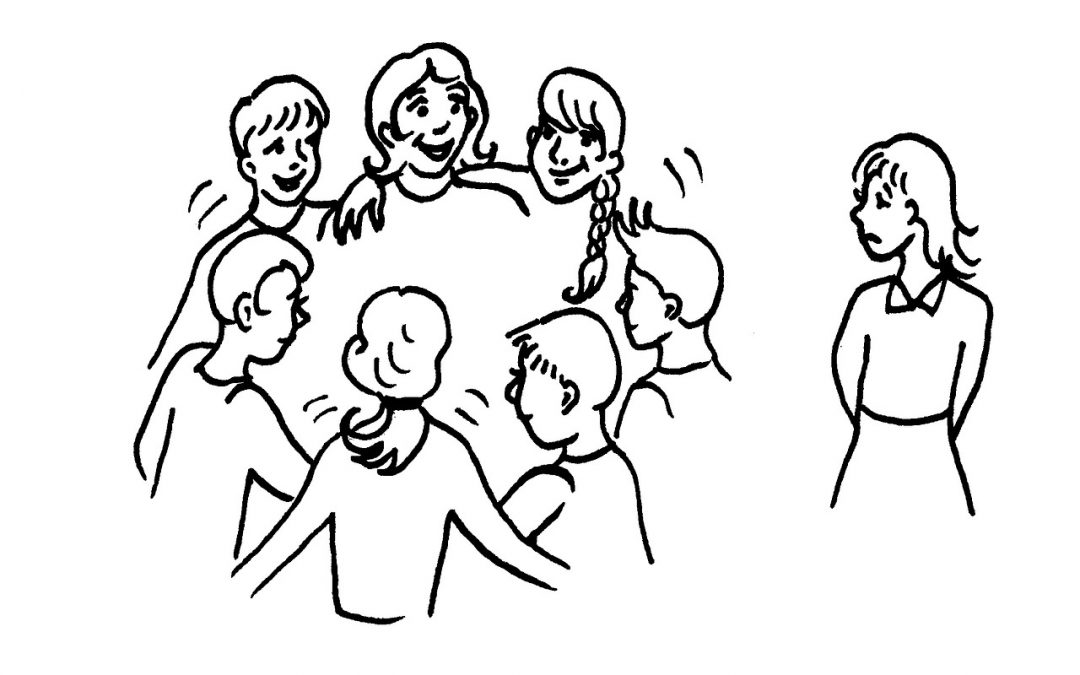WOULDN’T it be wonderful if International Women’s Day was every day? Shouldn’t all women celebrate all women, along with the rest of the world, every day, every year?
Each year, International Women’s Day attracts more and more appreciation for womankind and this year’s celebration was no exception, with commercial airlines flying all-female crews, to banks pledging loans to a growing number of female entrepreneurs generating a wide variety of business incomes.
For 24 hours, a plethora of events – large and small – were staged across the globe.
These gatherings – many arranged by women for women – were inspirational examples of unity and diversity through the involvement of females, irrespective of age, colour, religion, class, wealth, appearance, whether they are a mother, or childless, single or partnered, an intellectual or formally uneducated.
Inclusivity is a most powerful weapon against inequality, but its potency quickly depreciates in the face of divisiveness. History has shown how coteries erode solidarity and foster hatred.
Whilst cliques can provide a sense of belonging and can also be a source of enjoyment as people with shared interests come together, they can also evolve into a breeding ground for nefarious activities, such as tactical exclusion and bullying.
Such behaviour is the murderer of progress and tolerance.
The hit American television series ‘Big Little Lies’ openly explores such coteries. Based on a novel of the same title, written by author Liane Moriarty and which addresses domestic abuse, centres on the lives of three women friends who live in Monterey county, California, USA.
The TV script unflinchingly addresses the devastating repercussions of gossip, innuendo and stigmatisation of an individual.
Gossip, innuendo, stigmatisation…
Away from the small screen, fictional characters and Hollywood, female genital mutilation (FGM) is a substantive and horrific example of the power of pariah-dom. Fear of ostracism by members of the local society is a major contributing factor helping to perpetuate FGM, which is still carried out on young girls and women – by females, United Nations research suggests.
This barbaric procedure, which leaves the survivor physically and psychologically traumatised, is usually performed by professional circumcisers: women who have a ‘high’ reputation within their societies, according to the charity Desert flower Foundation, which was formed with the sole aim of eradicating FGM.

“It is also performed by traditional midwives and occasionally by healers, nurses or doctors trained in Western medicine,” reveals the organisation founded in 2002. “The procedure is usually performed without anaesthetic and under dreadful and unhygienic circumstances.”
Every 11 seconds, FGM is inflicted on a girl around the world, warns the foundation. Why is this procedure still prevalent?
The UN says that many communities believe that FGM reduces a woman’s libido.Nevertheless, girls’ and women’s attitudes towards FGM vary widely across countries, according to UNICEF.
“The highest levels of support (for FGM) can be found in Mali, Sierra Leone, Guinea, the Gambia, Somalia and Egypt, where more than half of the female population thinks the practice should continue,” the international body notes.
Cliques use social media sites to denigrate rather than to uplift
“However, in most other countries in Africa and the Middle East, with representative data on attitudes, the majority of girls and women now think it should end.”
Surely, every female is born worthy? And, yet many comments on social media sites, by women on women, suggest otherwise.
An example is the reaction to the news that reality television celebrity Kim Kardashian had been robbed in her Parisian apartment last year, which met with a barrage of extraordinarily unsympathetic responses. Was the ire she attracted from other women driven by her success, because she is rich – or because of the way she makes her living?
Would another woman, wife, mother who found herself unwittingly the victim of an aggravated burglary, have been ridiculed so unequivocally?
With instant messaging, it is now easy for any individual to selectively sit in judgement of others, whilst carefully omitting one’s own indiscretions, mistakes, failures …
In an interview with BBC’s HARDTalk, the late Dr Maya Angelou, a celebrated author, poet, playwright, and actress, stated: “The idea that anybody is good is foolish. You can’t be that one thing all the time.
“You can intend and try to keep your intention pointed in the right direction. And, then when you ‘blow it’ 400 times in one day you should have enough courage to forgive yourself and try to start again the next day.”
Dr Angelou who, when she was 18 years old, had a stint as a brothel ‘madam’, went on: “Human beings are more alike than unalike… delight in the differences, because the differences are superficial.”
©Thelma Etim
Originally published at thelmaetim.com


